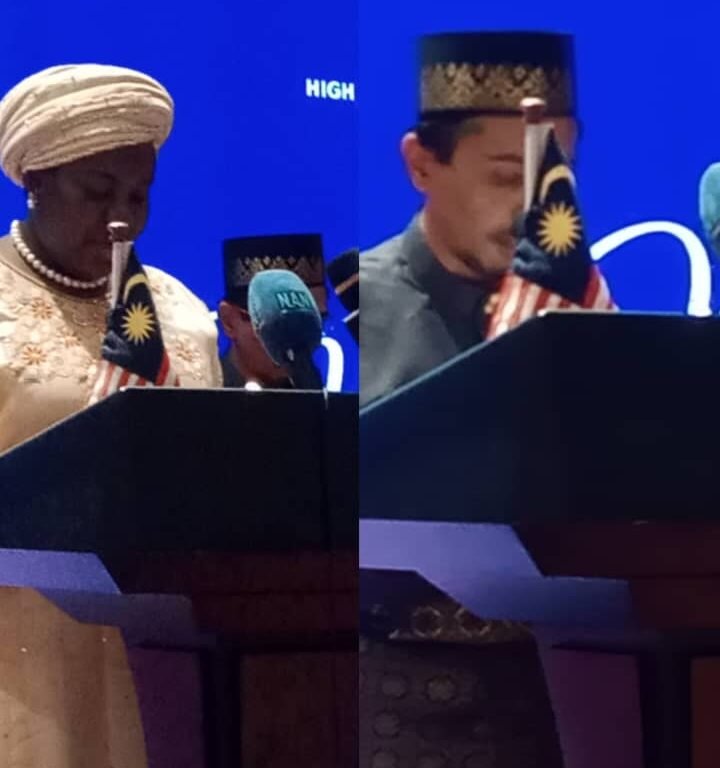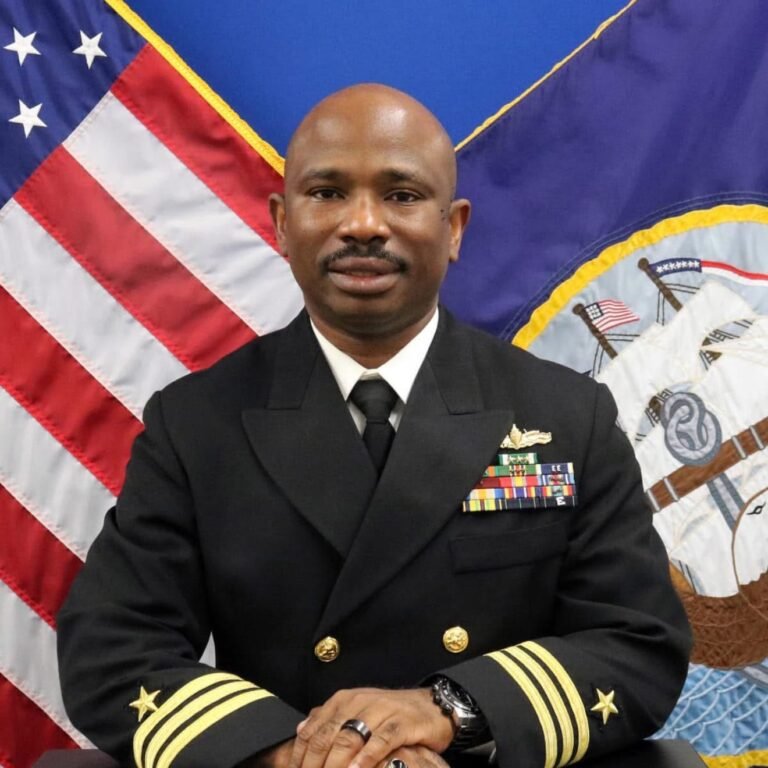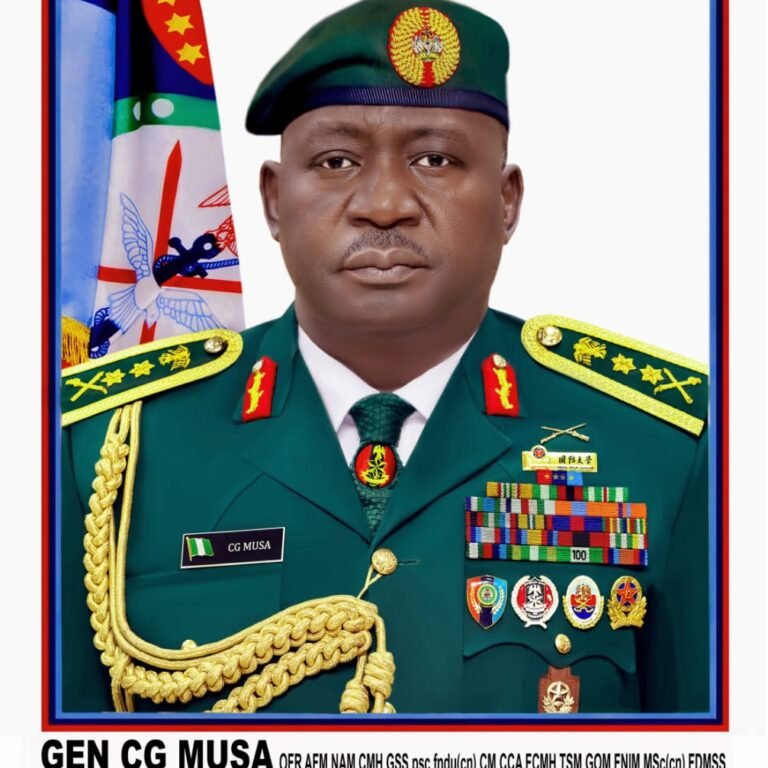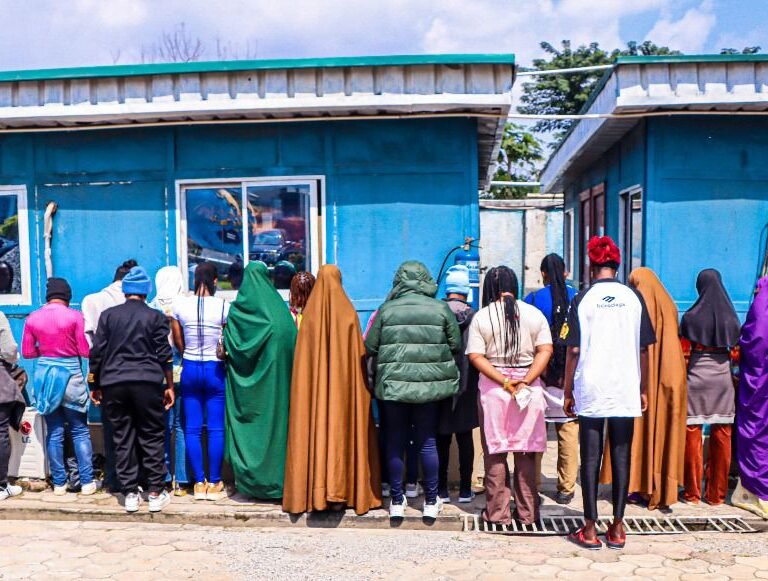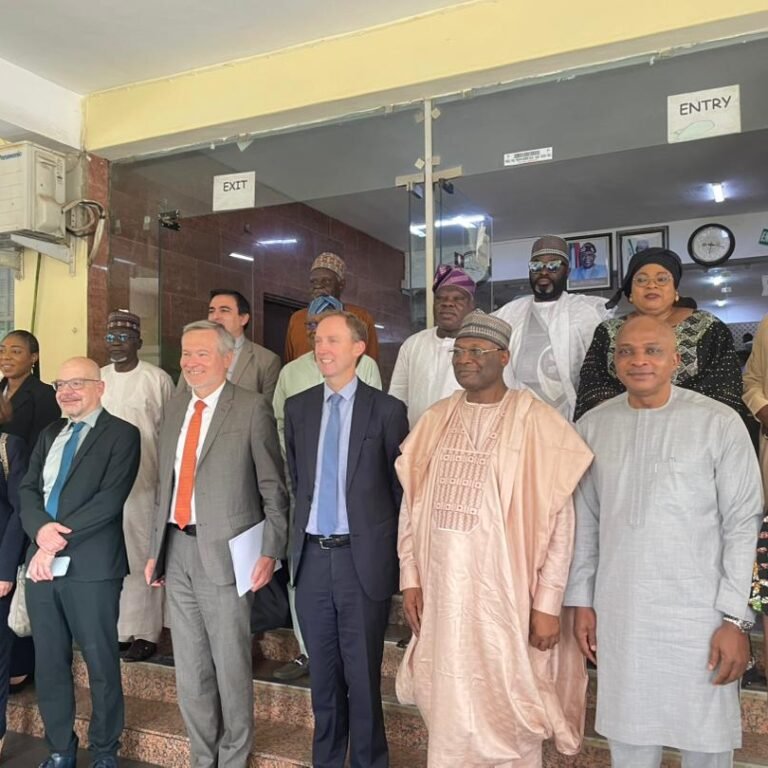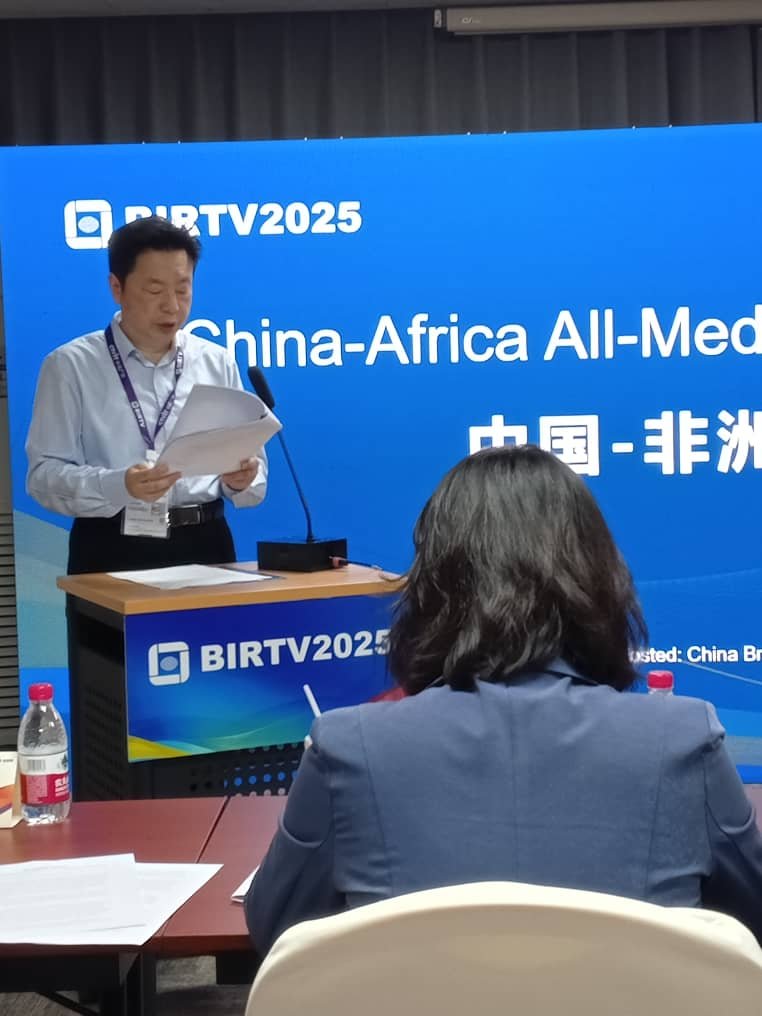
By Iyojo Ameh
Beijing, China – The China-Africa All-Media Capacity Enhancement Seminar has concluded in Beijing with a resounding call for deeper cooperation in media innovation, digital storytelling, and technological integration between Africa and China.
The high-level event, convened under the auspices of the National Radio and Television Administration of China (NRTA) and organized by the China Broadcasting International Economic and Technical Cooperation Company Limited (CBIC), brought together key stakeholders from African and Chinese media, technology, and government institutions. It aimed to strengthen media ecosystems across both continents through shared innovation and strategic collaboration.
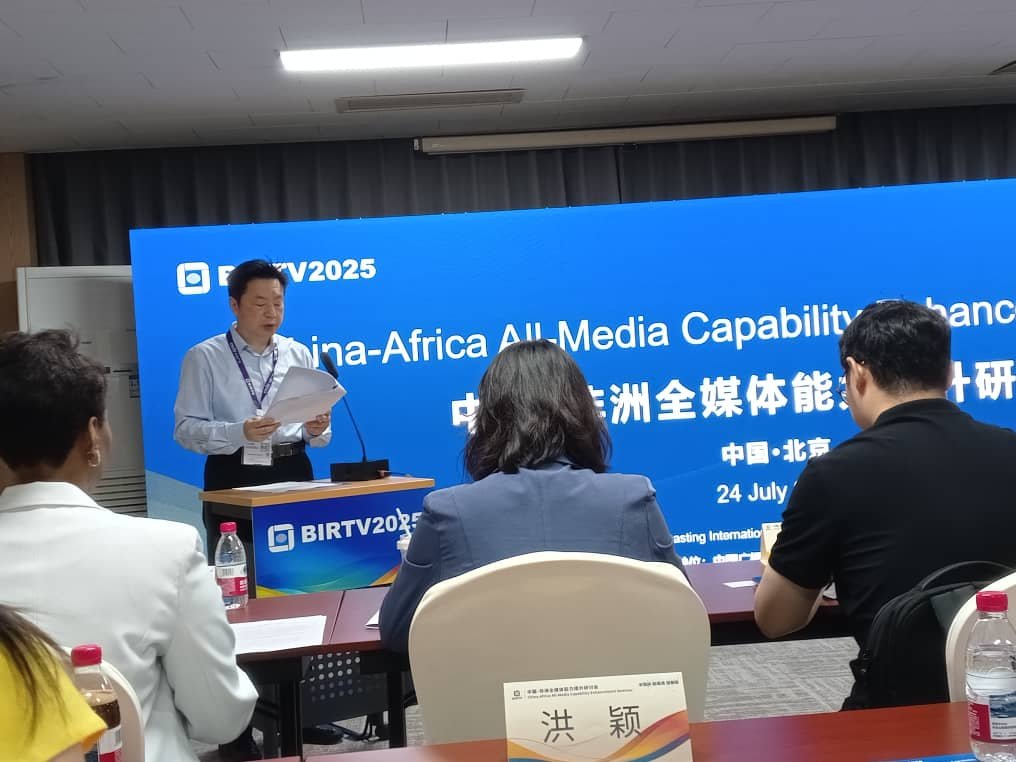
In his opening address, Mr. He Dongbo, Deputy General Manager of CBIC, emphasized the seminar’s alignment with President Xi Jinping’s “10 Cooperation Initiatives” announced during the 2024 Forum on China-Africa Cooperation (FOCAC), particularly the China-Africa Radio, Television, and Audio-Web Innovation Cooperation Plan.
“This is not just a seminar; it is a mission,” Mr. Dongbo stated. “We are building an all-media framework that reflects the aspirations and potential of both China and Africa.”
Mr. Dongbo highlighted CBIC’s global media contributions, including the establishment of more than 1,000 international broadcasting centers and the training of over 3,100 media professionals from 130 countries—of which 1,300 are African.
Representing the African Union Commission, Mrs. Leslie Richer, Director of Information and Communication, praised the seminar as a milestone in China-Africa relations, noting that it went beyond technical discussions to emphasize shared values and cultural storytelling.
“This seminar bridges two continents,” Richer said. “We’re not just exchanging tools we’re shaping a future of inclusive narratives powered by technology and mutual respect.”
Richer emphasized Africa’s need for technological leapfrogging in the media space, especially through 5G, cloud-based platforms, and AI-powered production tools. She acknowledged China’s contribution to building world-class broadcast facilities at the African Union headquarters and proposed further cooperation in preserving African cultural heritage through artificial intelligence.
She called for the establishment of joint AI research centers, media academies, and innovation labs that will equip Africa’s next generation of journalists and content creators with skills in ethical journalism, digital storytelling, and multimedia production.
In his closing remarks, Mr. Hu Pingchao underscored the role of media as a tool for diplomacy, trust-building, and global problem-solving.
“Media exchange fosters mutual understanding and peace,” he said. “Through shared platforms and partnerships, we can confront common global challenges like poverty, disinformation, and climate change.”
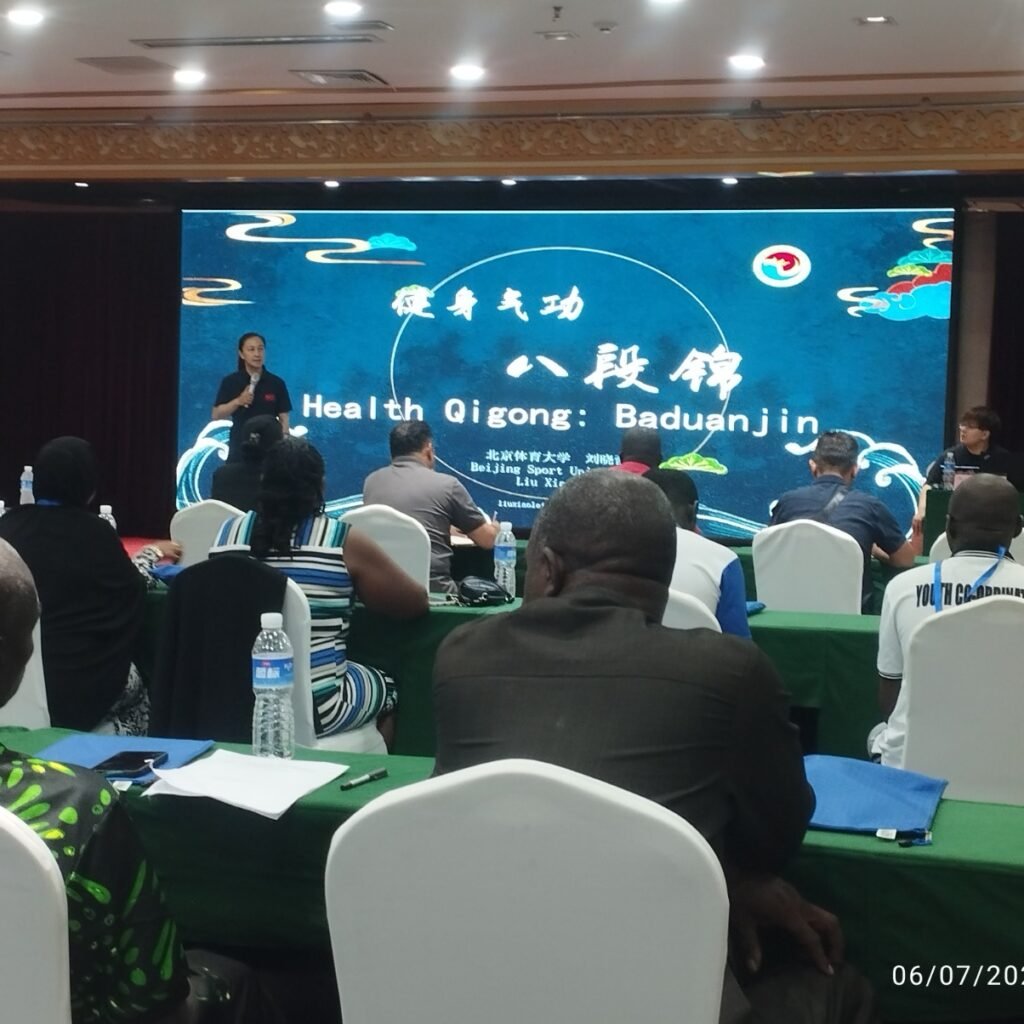
Mr. Hu highlighted successful collaborative media efforts such as the “BRI in My Eyes” series, featuring African journalists’ insights on the Belt and Road Initiative, and the Belt and Road Economic Information Partnership (BREIP), which connects media organizations across 43 countries including eight African nations—for real-time information exchange.
Key Cooperation Areas Proposed:
Technical knowledge sharing between Chinese and African media entities
Joint content production on cultural, developmental, and social issues
Creation of innovation hubs and AI-powered media laboratories
Development of regulatory frameworks for ethical AI use in journalism
Establishment of digital education platforms for capacity building
Participants were also invited to the upcoming Beijing International Radio, TV, and Film Exhibition (BIRTV) a global showcase of cutting-edge media technologies and a platform for further cooperation.
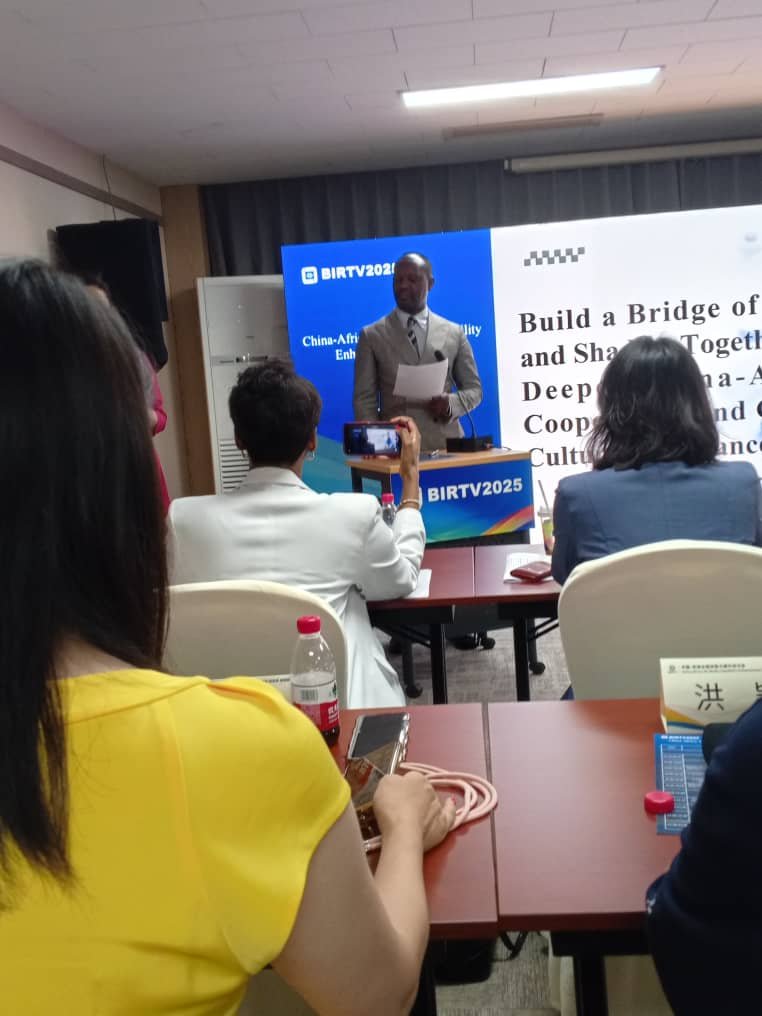
As the seminar wrapped up, a shared vision emerged: China-Africa media collaboration is not just about exchanging infrastructure and skills but about co-creating stories that amplify the collective voice, values, and dreams of two interconnected continents.



